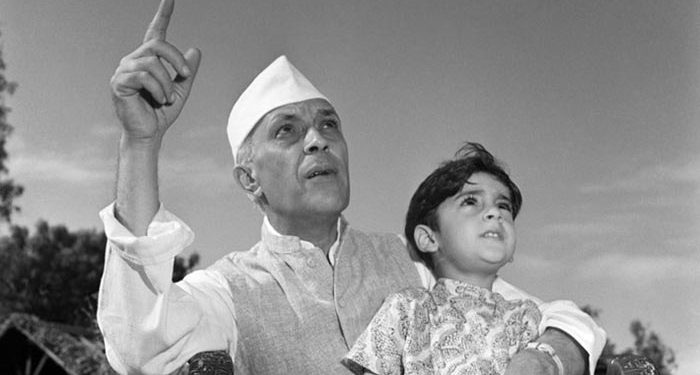Jawaharlal Nehru is known as a visionary who laid the foundation of free India. The first prime minister of Independent India was well known as an influential leader in the Indian independence movement.
From being born in a brothel in Allahabad to getting a Catholic nun pregnant, there are many controversies that revolve around the life of the first Prime Minister of India.
The mystery surrounding Netaji Bose’s death: It has been alleged that Nehru knew that Bose did not die in the plane crash in 1945 and he tried to cover it up. This allegation assumes credibility with recently declassified files revealing that Nehru government spied on Bose’s kin for nearly two decades.
The Fiasco of 1962 Sino-Indian War: The fiasco in 1962 Sino-Indian War revealed the unpreparedness of the Indian Military and the flawed defense and foreign policy of Pandit Nehru. Nehru’s faulty policies were largely due to his infatuation with communism that made him blind towards Chinese designs.
Relationship between Nehru and Edwina Mountbatten: The romantic relationship between Nehru and Edwina Mountbatten, the wife of Lord Louis Mountbatten, the last viceroy of British India has been much criticized. Even Pamela Hicks, the daughter of Edwina Mountbatten writes that they both were deeply in love, but she adds that it was not physical.
The Mundhra Scandal of 1957: The government-owned Life Insurance Corporation (LIC) had purchased 124 lakhs worth of shares in six companies owned by Calcutta-based industrialist Haridas Mundhra in order to bail him out. The purchases were made under pressure from government and without the consultation of the investment committee. Following the disclosure of the scandal in the Parliament by Feroze Gandhi, the government was forced to appoint a one-man commission headed by Justice M.C. Chagla. As a result of this, Mundra was punished for 22 years of jail sentence and the finance minister T.T. Krishnamacharya was forced to resign from his post.
The Jeep Scandal of 1955: Following the attack on Kashmir by Pakistan, India’s high commissioner to Britain ignored protocols and placed an order to a doubtful company for the purchase of army jeeps which were needed immediately. The jeeps of very poor quality arrived almost a year after the war ended and Nehru forced the government to accept them.
PNN






































